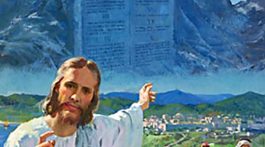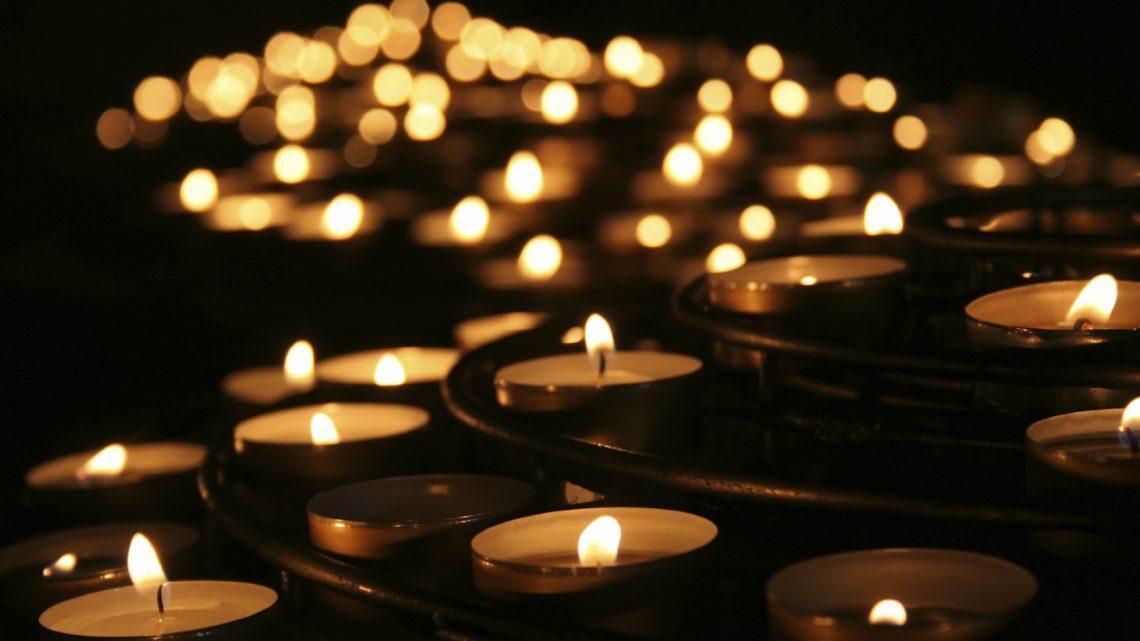During the February Religion Roundtable sponsored by the Union College Center for Interfaith Studies and Culture in Lincoln, Nebraska local representatives of major world religions discussed how women are portrayed in the holy writings of Muslims, Buddhists and Christians.
Dr. Abla Hasan, assistant professor of Practice of Arabic at the University of Nebraska-Lincoln, stated that our Western mental images of Muslim women are both shaped and limited by popular media. She discussed the dual identities of Islamic women as being both cultural and religious, with an emphasis on the need to understand and return to early realities of feminist freedoms supported by the Koran.
Dr. Ed Allen, professor of religion at Union College, presented texts from the Bible showing how in the original creation before sin man and woman were equal and in their unity the image of God was most fully revealed. He also cited examples of Jesus breaking down cultural barriers that prevented women from experiencing practical equalization in human relationships.
Representing a Buddhist viewpoint was Fajiàn Michael Melchizedek, a priest for the Lotus Zen Temple. Melchizedek affirmed that in the West there is no distinction between the roles of men and women in the Buddhist religion—nothing prevents women from becoming Zen masters or temple priests. However, Eastern countries are still dominated by patriarchal culture, Melchizedek said.
All three panelists agreed that confusion regarding gender roles in religion is caused largely by interpretation of original holy writings from a cultural perspective of historical domination by males.
The representative for Hinduism was unable to participate due to a medical emergency.









